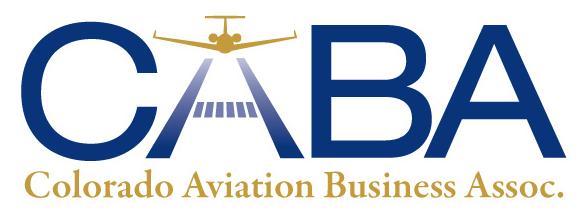The Colorado Aviation Business Association (CABA) reports that draft legislation has been proposed by Senator Steve Fenberg (D-Boulder) and Senator Pete Lee (D-El Paso) for the Colorado State Legislature to create an enterprise, to be funded in part by a fee of up to five cents per gallon of aviation fuel used at any airport in Colorado. The purpose of the bill is to finance the response to possible contamination from perfluoroalkyl and polyfluoroalkyl substances (PFAS), a fire retardant historically effective in fighting petroleum-based fires and commonly used in aircraft hangar fire suppression systems.

The enterprise would be a state government-owned business, the creation of which is exempt from the spending limits required by the Taxpayer Bill of Rights in the state constitution.
The purpose of the enterprise would be to
- administer a grant program to fund sampling, assessment and investigation of PFAS in ground water and water systems;
- administer a takeback program that purchases and disposes of eligible materials that contain PFAS; and
- provide technical assistance to communities, boards, commissions, and other entities in locating and studying PFAS substances.
The airport fee would technically be in exchange for the business services provided to aircraft hangars equipped with aqueous film forming foam in their fire suppression systems. CABA leadership and legislative affairs teams believe that now is the wrong time to assess any additional fees on the aviation industry in Colorado and are working to stop this legislation. COVID-19 has hit general and business aviation hard, and CABA is committed to fighting any legislation that would hamper its recovery.
CABA says the aviation industry is, as always, committed to public safety, and FAA guidance is emerging to provide alternatives to PFAS in fire suppression systems used at some of the nation’s airports. The aviation community is taking the lead on this issue and will continue to do so without the imposition of additional state fees which will hurt not only these important efforts, but the viability of businesses overall.



